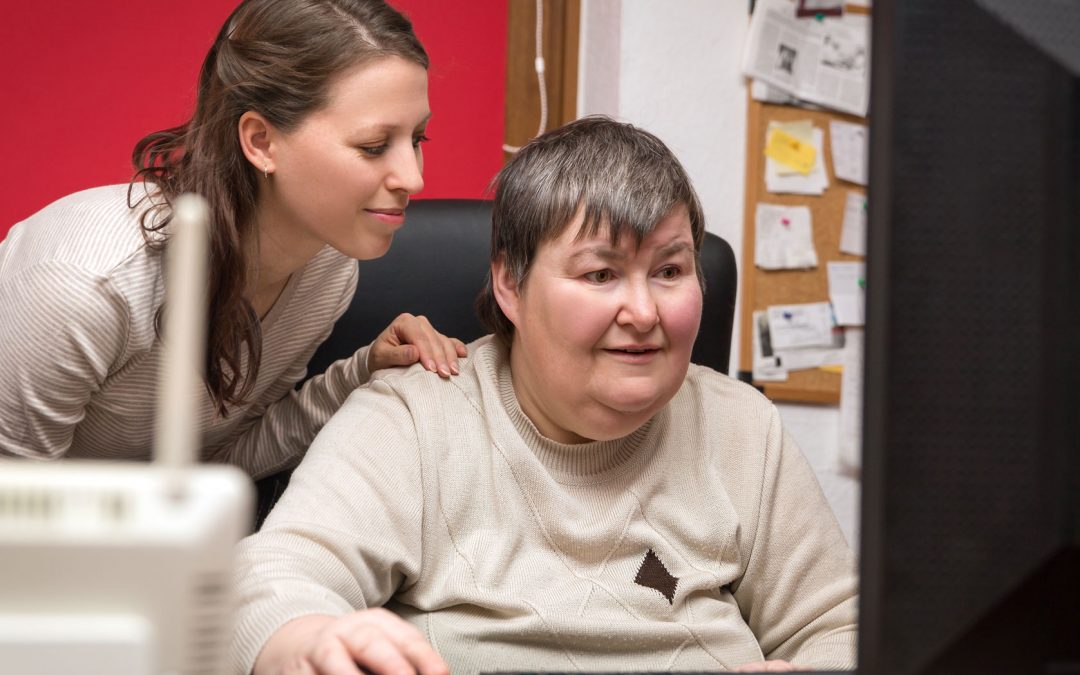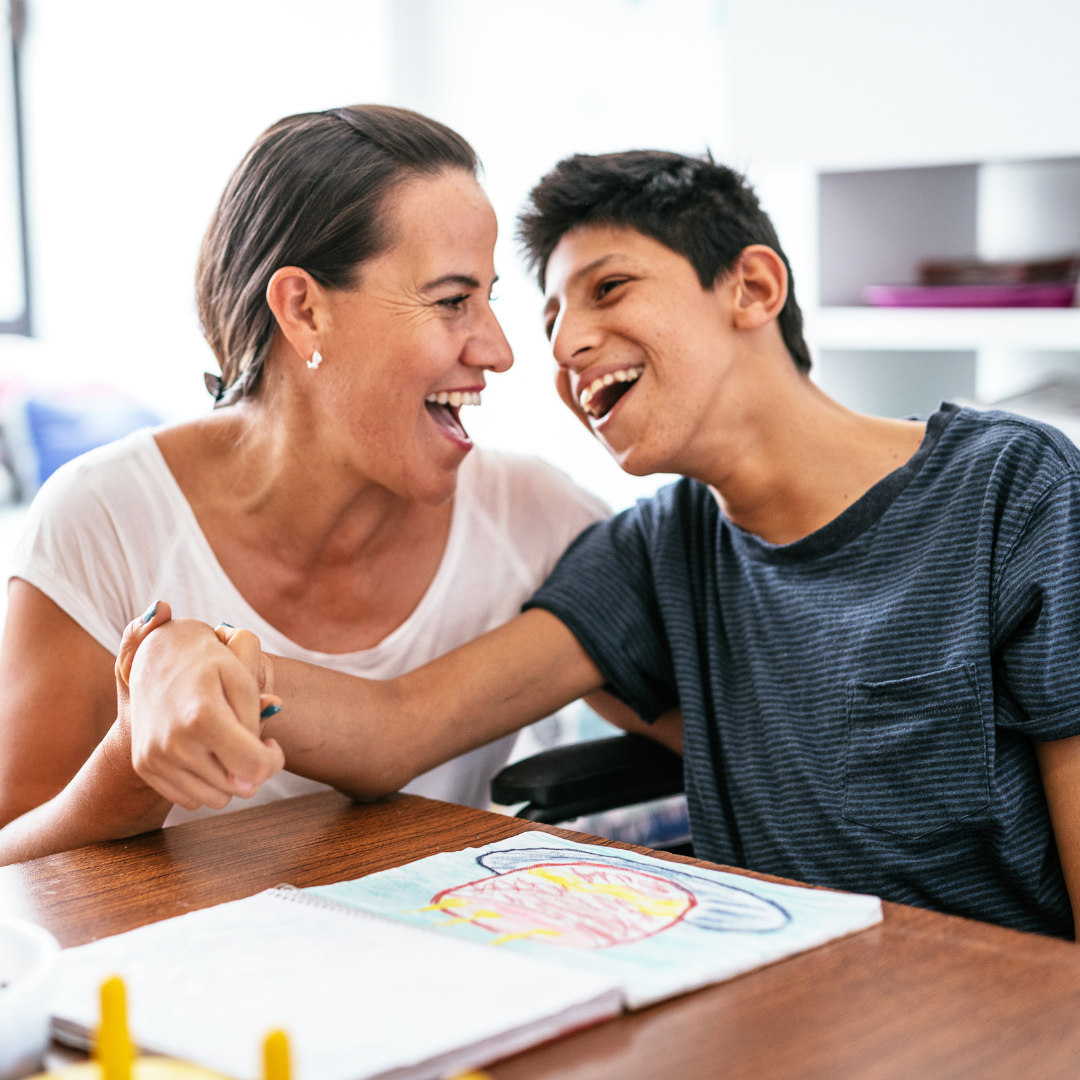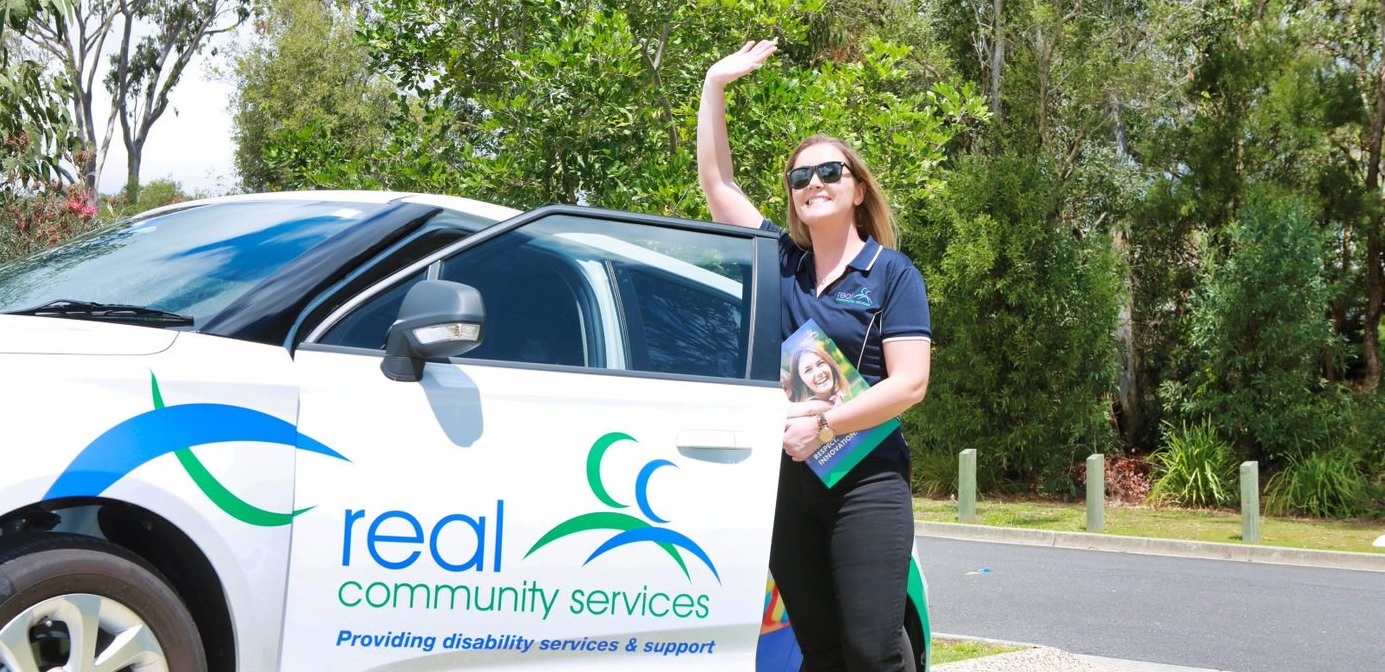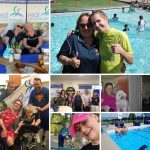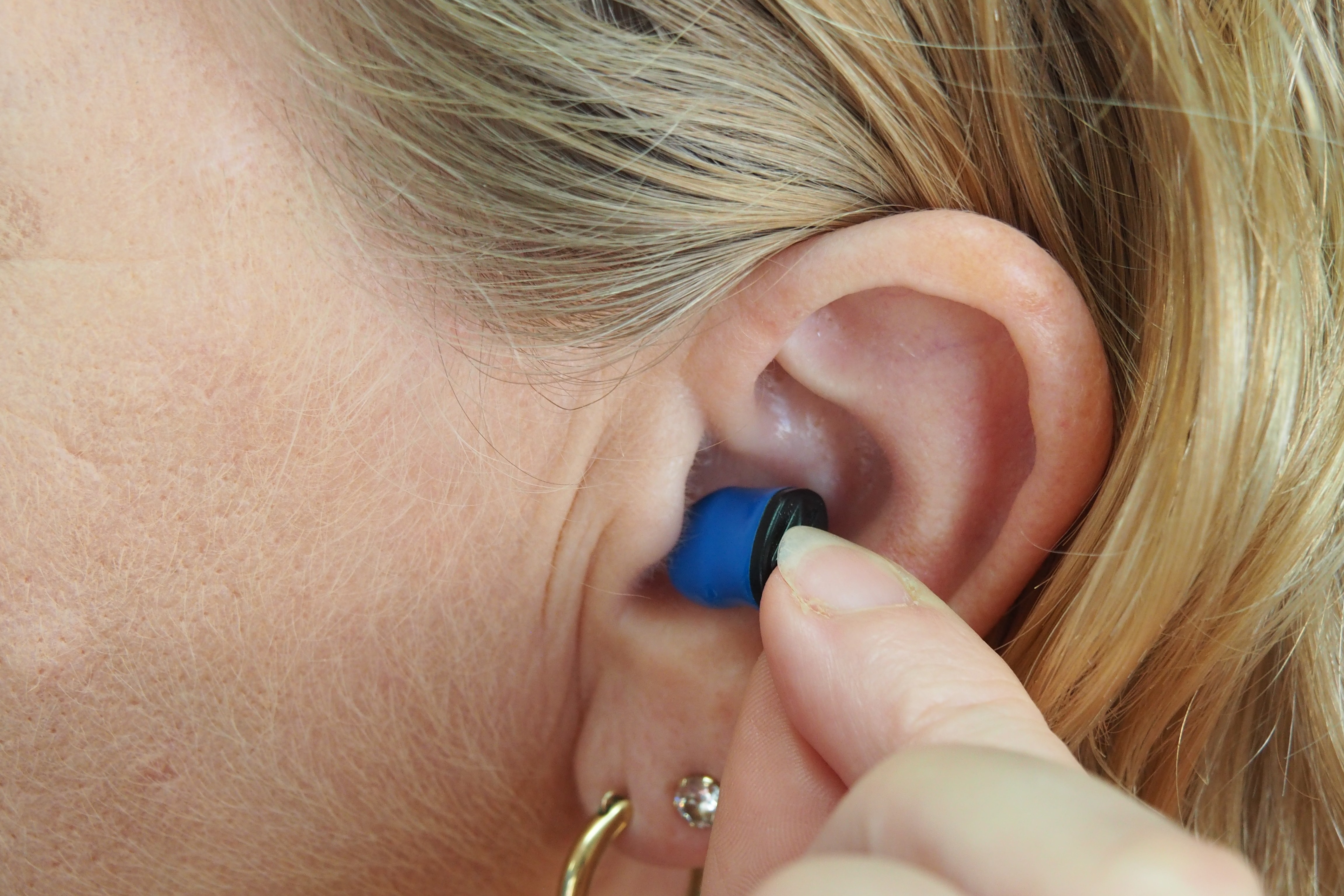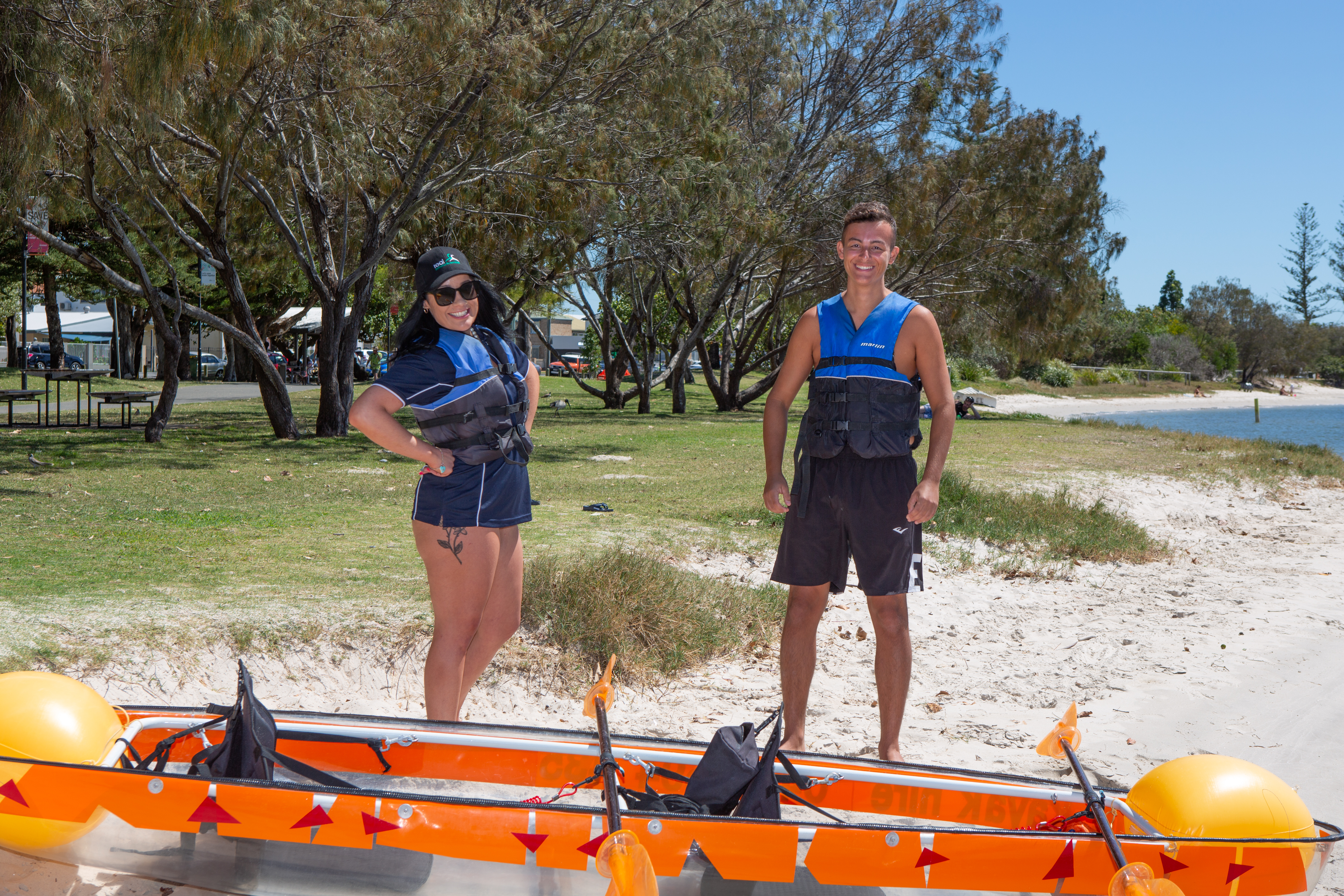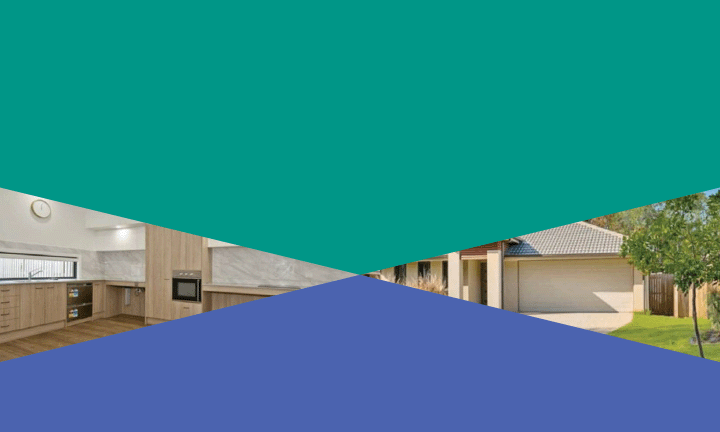Ultimate Guide: 5 skills to becoming an amazing disability support worker
If you love caring for other people, take pride in making meaningful human connections, and want to make a difference to the community, then look no further than a career as a disability support worker.
In a job where no two days are the same, disability support workers are expert problem-solvers, quick thinkers, and get to experience the joy that comes from helping someone in need. So whether you’re finishing high school and looking for your next step, or someone wanting a career change and needing a new challenge – we can’t recommend a career as a disability support worker enough!
Here at Real Community Services, we have a team of diverse, skilled, and professional disability support workers who are dedicated to providing our participants with the best possible care, and to building special relationships with not only our participants, but their families as well. When we’re looking for new carers to join our team there are 5 skills that we are ways on the look out for.
The 5 skills are what we believe make the best disability support worker, and are our ‘must have’ criteria:
Top 5 skills of a disability support worker:
-
Compassion and Empathy
As a disability support worker, you’ll be helping some of the most vulnerable in our community so it’s important to have a natural sense of compassion and empathy. Possessing these skills will also allow you to build trust and meaningful connections with your participants.
-
Flexibility and Adaptability
As we said before, no two days as a support worker are the same. Things won’t always got plan, and challenges will pop up no matter how prepared you are. Being flexible, adaptable, and being able to handle change – while keeping your cool- will help you handle whatever your day throws at you.
-
Good Communicator
Not only will you need to be able to communicate clearly and effectively with your participant, but you’ll also need to communicate with family members, other carers, and medical professionals. Having clear and professional communication will ensure that all stakeholders are on the same page and that the participant is receiving consistent care. While you’ll spend most days working one on one with a participant, you’re still part of a much bigger team, so communication is key.
-
A willingness to grow and learn
There are always new things to learn, skills to improve, and industry changes to keep up to date with. To be able to offer the best support to your participants it’s important to have an eagerness to learn and to grow, and to be open to continual professional development.
-
Trustworthy and honest
Being trustworthy and honest is one of the most important skills a disability support worker must have. As you’ll be responsible for those with special needs and will be visiting participants in their homes, there is a lot of trust put in you from both Real Community Services and your participant’s family.
Here at Real Community Services, we aim to provide flexible employment arrangements to support our staff and their families, and provide the opportunities for our staff to engage with us and the wider community.
We also pride ourselves on providing training opportunities for professional improvement, with many of our Support Facilitators, administration, finance and management staff previously joining us as part of our support team.
If you’re ready to begin your rewarding career as a disability support worker make sure to check out our current opportunities.

